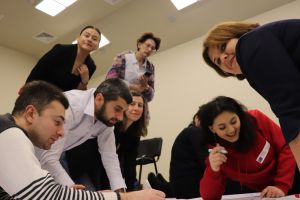
Hundreds of educators and mentors trained to support youth in Belarus, as EU4Youth programme marks five years of action
Teachers in Belarus are now able to train young people in rural areas on how to develop an agrobusiness. This is just one of the impacts as the EU4Youth programme closes its latest five-year cycle, and draws conclusions from the data collected over the period of its activity in Belarus.
As recorded in the programme’s yearly reports, EU4Youth actions in Belarus have included direct training and mentoring, matchmaking between employees and employers, grants to new businesses, policy to create new jobs and improve skills, tailoring education to the market, and local initiatives to support the most vulnerable young people.
Despite the ongoing effects of the political repression in the country and the government’s support for Russia’s aggression against neighbouring Ukraine, as well as the COVID-19 pandemic, evidence shows that EU4Youth has been able to continue supporting young Belarusians.
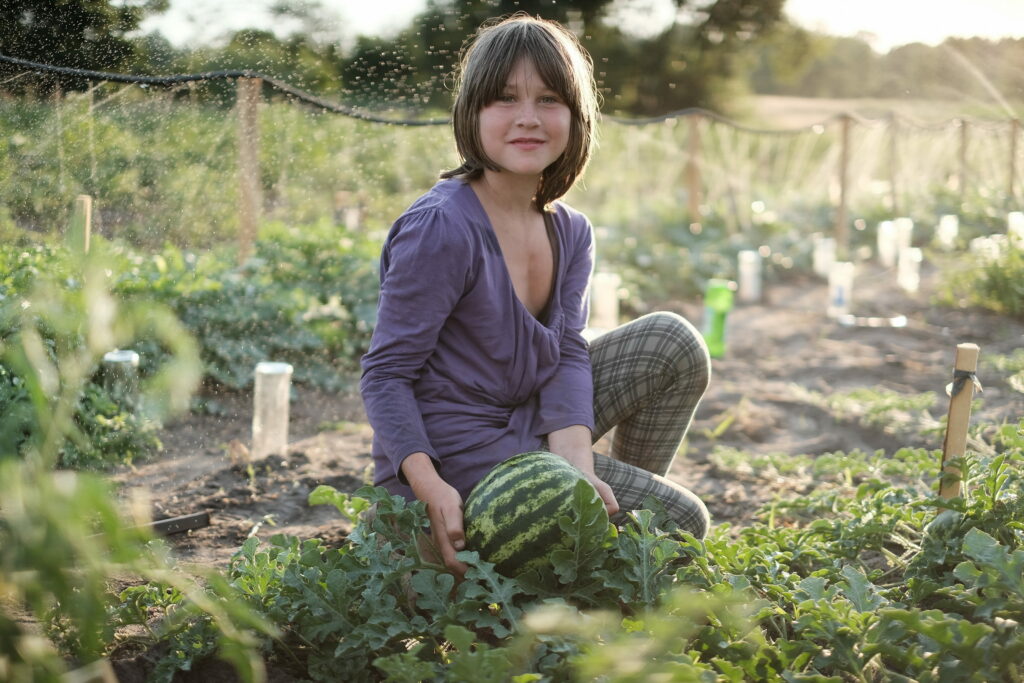
Education and employability
Since 2018, EU4Youth has helped over 7,000 young programme participants to gain new skills. For example, the EU4Youth School Garden for the Development of Agricultural Entrepreneurship project taught hundreds of school children the necessary understanding of the principles of gardening and growing food as part of an agricultural business.
Alyaksandr Mishko, a participant in the experiment from the Jolča school in the Brahin district, takes up the story: “First, we learned to take soil samples for laboratory analysis, then under the guidance of teachers we prepared a soil mixture for seedlings, and sowed the seeds. When the seedlings appeared, we looked after them, watched them grow.”
The children are now able to disseminate this knowledge and can use the skills obtained as the foundation for future agrobusiness. The project also developed a training curriculum focused on organic agriculture, including an introduction to organic agriculture, agro-techniques, and the system of certifications and guarantees in organic agriculture.
Through the project, nearly 360 teachers also learned about new practices of organising youth training in modern agriculture in their schools, as well as how to open new industrial incubators there.
Entrepreneurship and employment
In the past five years, 18 start-ups have been launched in Belarus with support from EU4Youth projects, one of them being a school-based enterprise manufacturing healthy snacks and sweets set up through the EU4Youth School Garden project.
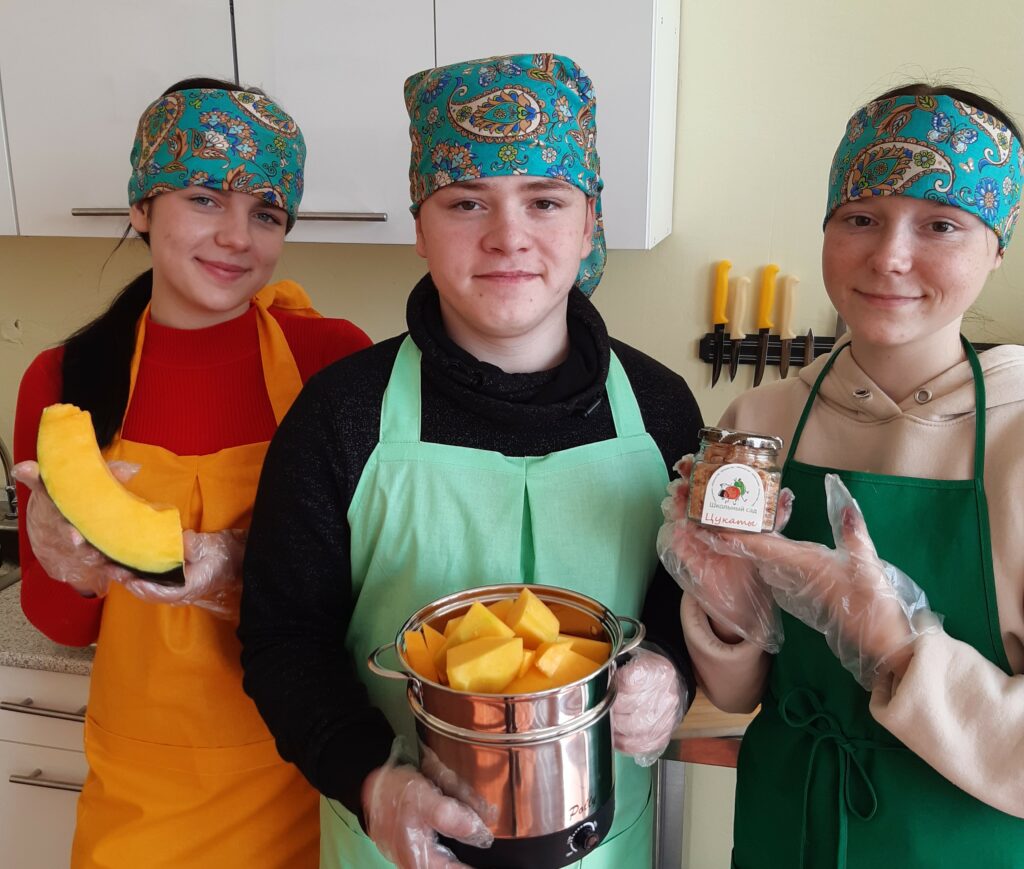
“We work in the garden, learn organic farming methods, study drying technology and we will try to promote and sell our products,” explains Artsiom Shakunou, one of the budding young entrepreneurs.
Valeria Kravchenko, a pupil at the Baraviki school, explains what starting a small business of growing snails at their school has meant for the students involved in the project: “This new knowledge, the discoveries and experience we gained open new earning opportunities for us in rural areas.”
Engagement and empowerment
Since the launch of the EU4Youth Alumni Network, seven alumni from Belarus have participated in the network, launching their own initiatives that together engaged some 150 beneficiaries. In spite of the restrictive political landscape, EU4Youth continued to provide support for Alumni from Belarus in 2022, enabling them to initiate their youth empowerment projects for young Belarusians.
Behrooz Motamed-Afshari, expert on youth participation and policy and team lead of the EU4Youth Coordination and Support project, says: “The Alumni Network is a powerful tool that enables young Belarusians to empower less privileged youth in their communities to address their own needs through inclusive and participatory approaches. Despite the challenges and limitations, their youth-led initiatives have a tangible impact on their communities and provide at the same time a platform for alumni’s personal and professional development.”
Moreover, the College of Europe awarded full EU4Youth scholarships to two Belarusian students to pursue Master’s degrees in the 2021-2022 academic year. To create further opportunities for youth in Belarus, more than 800 young people have also received mentorships in areas such as career orientation or developing a business.
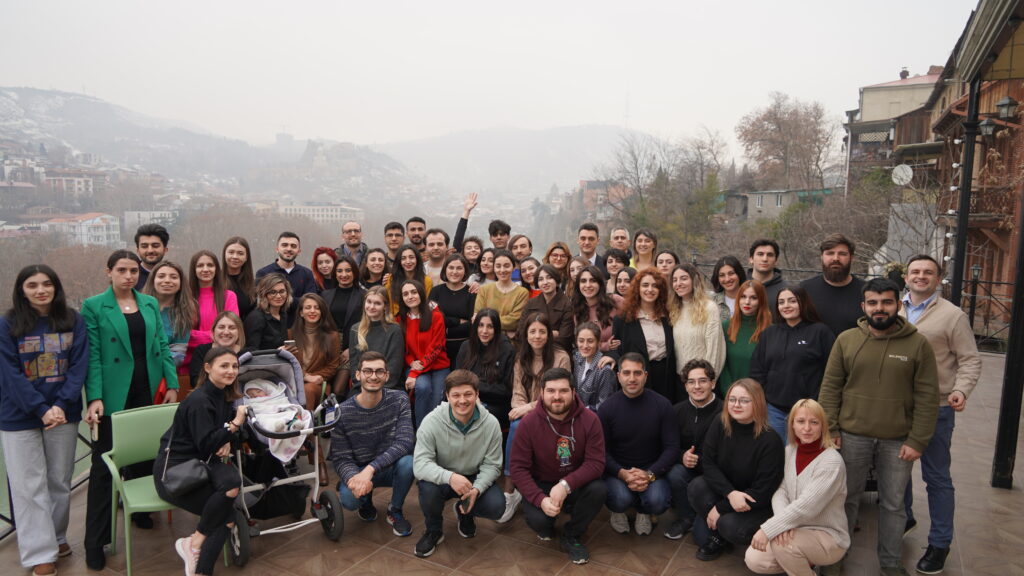
Youth policy landscape
Young people played a crucial role in the mass protest movement demanding a democratic transition after the rigged presidential elections in 2020. Many have been forced into exile in the face of severe repression since 2020.
The Strategy for the Development of the National Youth Policy in the Republic of Belarus 2021-2030 was adopted in June 2021. However, in the increasingly repressive political climate, a number of independent NGOs have been closed and participation in ‘non-registered’ organisations and initiatives has been criminalised. Banned youth organisations which have relocated to the EU and other Eastern partner countries, continue to provide online non-formal learning, training and other possibilities from abroad to young people inside Belarus.
In the past five years, the different EU4Youth projects have focused on the development of soft skills for young people to be more confident and critical. The success stories are there, but there is an urgent need for creating a safe space to allow young people to engage in society and influence the country’s development.
Yearly data and recommendations
With the 2022 Achievements Report closing the five-year monitoring and evaluation cycle, the EU4Youth programme offers four comprehensive reports for policymakers, civil society leaders and educators designing and implementing youth empowerment initiatives and policy measures in Belarus and in the Eastern Partnership more broadly. These reports provide a holistic picture of interventions conducted through the programme, along with their impact. Each report concludes with observations of efficacy and youth policy recommendations, drawing from the year-specific conclusions.
MOST READ
RELATED PROJECTS
SEE ALSO

No, time is not on Russia‘s side
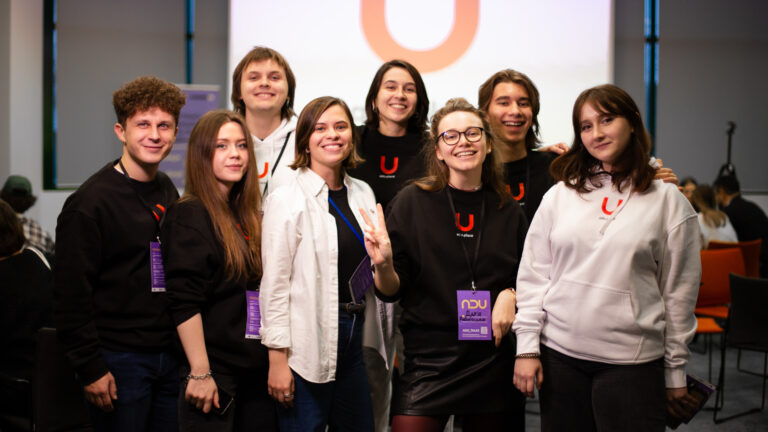
Great opportunities even if you have no money: what the EU offers Belarusian teachers and students

Be one step ahead of a hacker: check simple cybersecurity tips!

Rhisoma Lab: the intercultural hub for creatives in Tbilisi
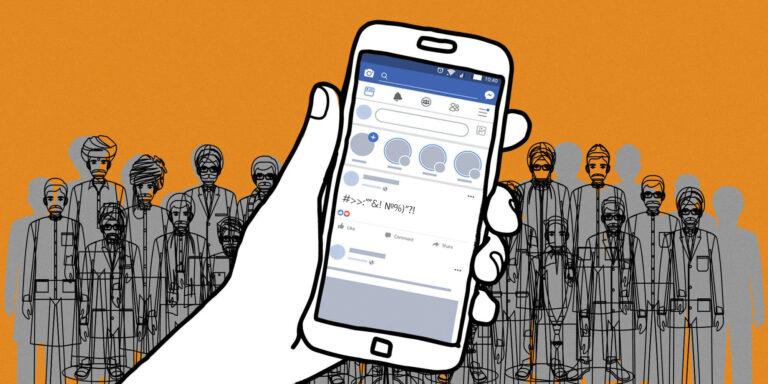
How to act and move on: strategies for women facing discrimination and online harassment
More campaign pages:
Interested in the latest news and opportunities?
This website is managed by the EU-funded Regional Communication Programme for the Eastern Neighbourhood ('EU NEIGHBOURS east’), which complements and supports the communication of the Delegations of the European Union in the Eastern partner countries, and works under the guidance of the European Commission’s Directorate-General for Neighbourhood Policy and Enlargement Negotiations, and the European External Action Service. EU NEIGHBOURS east is implemented by a GOPA PACE-led consortium. It is part of the larger Neighbourhood Communication Programme (2020-2024) for the EU's Eastern and Southern Neighbourhood, which also includes 'EU NEIGHBOURS south’ project that runs the EU Neighbours portal.

The information on this site is subject to a Disclaimer and Protection of personal data. © European Union,








